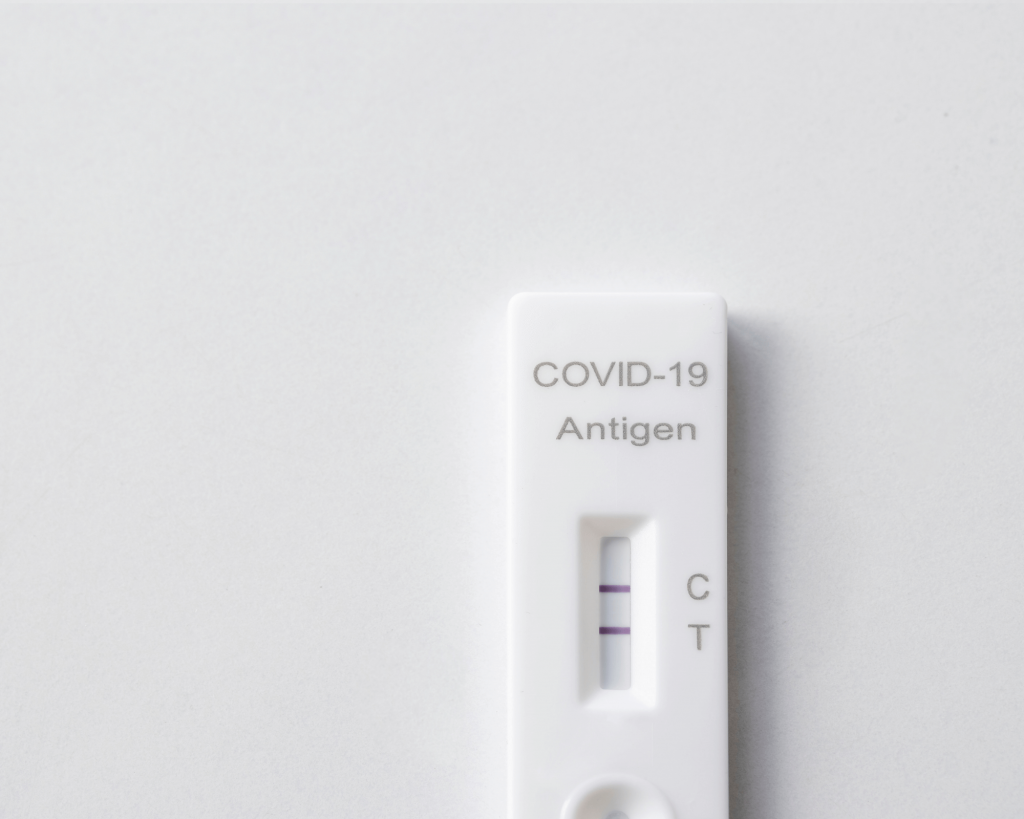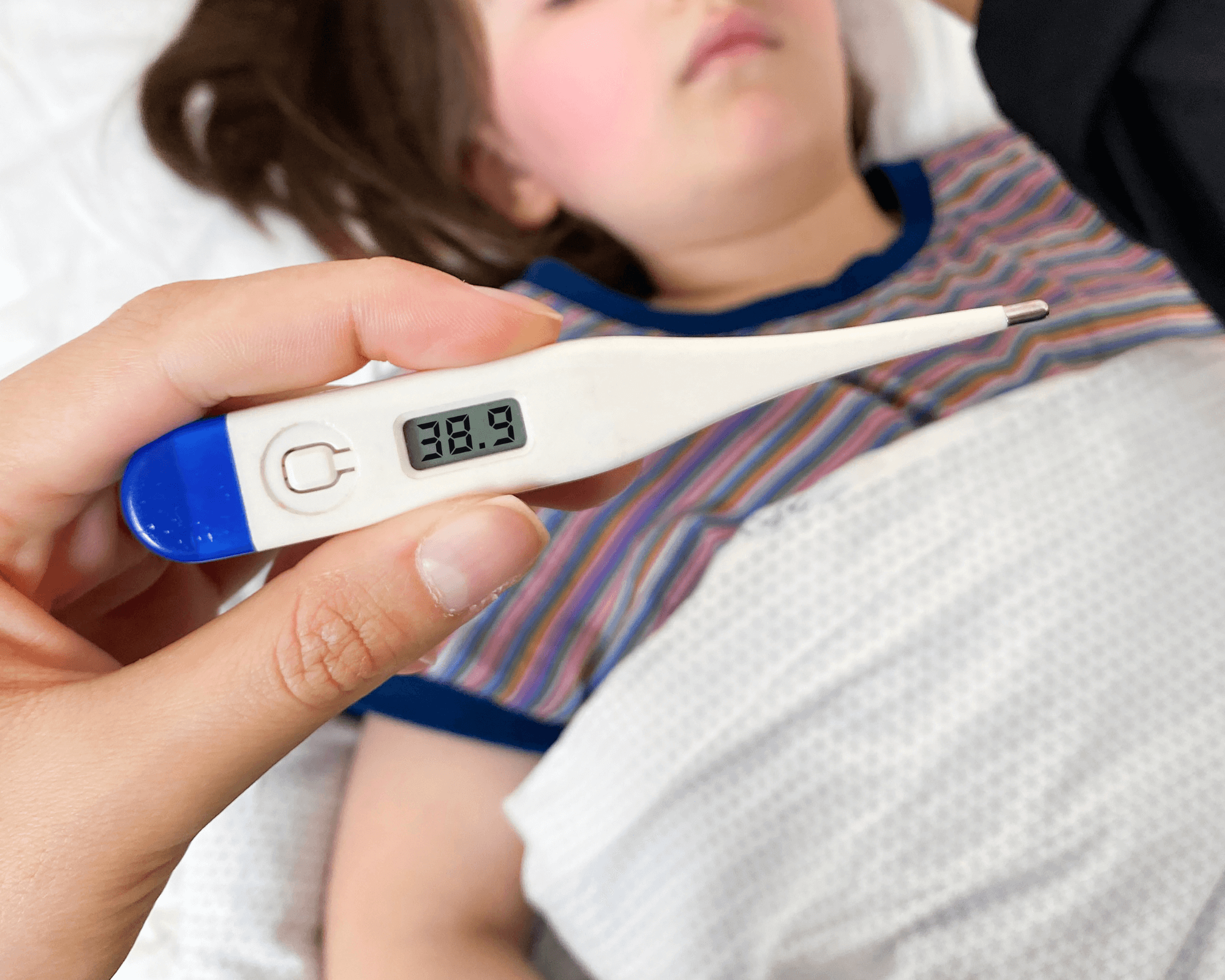Beware of MIS-A!
Key Things to Know After Recovering from COVID-19
“Adults who have been infected by COVID-19 or who have recovered from it may develop "Multisystem Inflammatory Syndrome in Adults (MIS-A)"
or "Long COVID", which is an inflammatory condition with consequences that can lead to tissue and organ dysfunction throughout the body. It can make symptoms more severe and life-threatening if a patient with such a condition does not obtain treatment in a timely manner.”

Patients must be aware of any abnormal signs or symptoms since the complication can occur between 2 and 12 weeks after the infection and recovery.
Symptoms of MIS-A

- Fever of 38°C or higher 24 hours before admission or within the first 3 days of hospitalization
- A skin rash or bloodshot eyes
- New neurological symptoms such as seizures, lethargy without previous brain disease, or weakness and numbness of the hands and feet
- Low blood pressure or shock that is not caused by the effects of medications or medical procedures such as sleeping pills or renal replacement therapy
- Abdominal Pain, Diarrhea, Vomiting
- Chest Pain, Dyspnea
- Blood Spots
If you are showing any above symptoms, please contact a doctor for medical treatment immediately. As the treatment of MIS-C in Children, MIS-A patients will be treated with steroid therapy, intravenous immunoglobulin (IVIG), IL-6 receptor antagonist, and other medication or supported with ventilation as needed.
What to Know About MIS-A
According to Dr. Chanya Chomchoey, MD, a pulmonologist at Bangkok Hospital Chiang Mai, MIS-A is an inflammatory disorder in the multiorgan system that is usually encountered in individuals aged 21 and up. The inflammatory response is assumed to be triggered by a COVID-19 infection.
, the United States of America also defines MIS-A as a condition found in a patient aged equal or above 21 years hospitalized for equal or above 24 hours or with an illness resulting in death, who meets the following clinical and laboratory criteria. The patient should not have a more likely alternative diagnosis for the illness (bacterial sepsis, exacerbation of a chronic medical condition).
MIS-A Diagnosis
The laboratory evidence will be utilized to diagnose MIS-A conditions.
- Increased inflammatory levels in the body.
- A positive SARS-CoV-2 test for infection by RT-PCR, serology, or antigen detection.
Doctor Suggestions:

Dr.Chanya also suggests that avoiding COVID-19 infection is the best method to avoid MIS-A. Patients infected with COVID-19, on the other hand, must follow their doctor's recommendations and be aware of any unusual signs or symptoms.
“Even though MIS-A incidence is lower than MIS-C and not all adult patients develop MIS-A complications, patients should not neglect and should be aware of signs or symptoms after COVID-19 recovery and infection. Most importantly, the best protection is to avoid COVID-19 infection and being exposed to the COVID-19 virus.”
Reference
- Patel P et al. Clinical Characteristics of Multisystem Inflammatory Syndrome in Adults: A Systematic Review.JAMA Netw Open.2021;4(9)
- Belay ED et al. Multisystem Inflammatory Syndrome in Adults after SARS-CoV-2 infectionand COVID-19 vaccination.Clin Infect Dis. 2021 Nov 28
- Ahmad F et al. Multisystem inflammatory syndrome in adults:A rare sequela of SARS-CoV-2 infection. Int J Infect Dis. 2021 Jul;108:209-211.
A pulmonologist
Long COVID Center | Bangkok Hospital Chiang Mai










